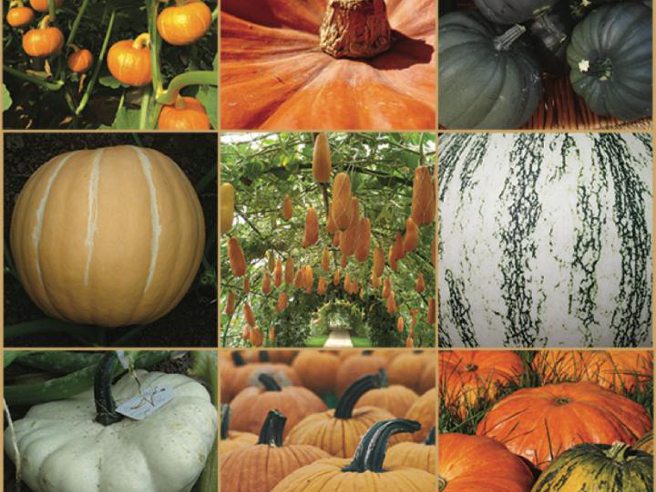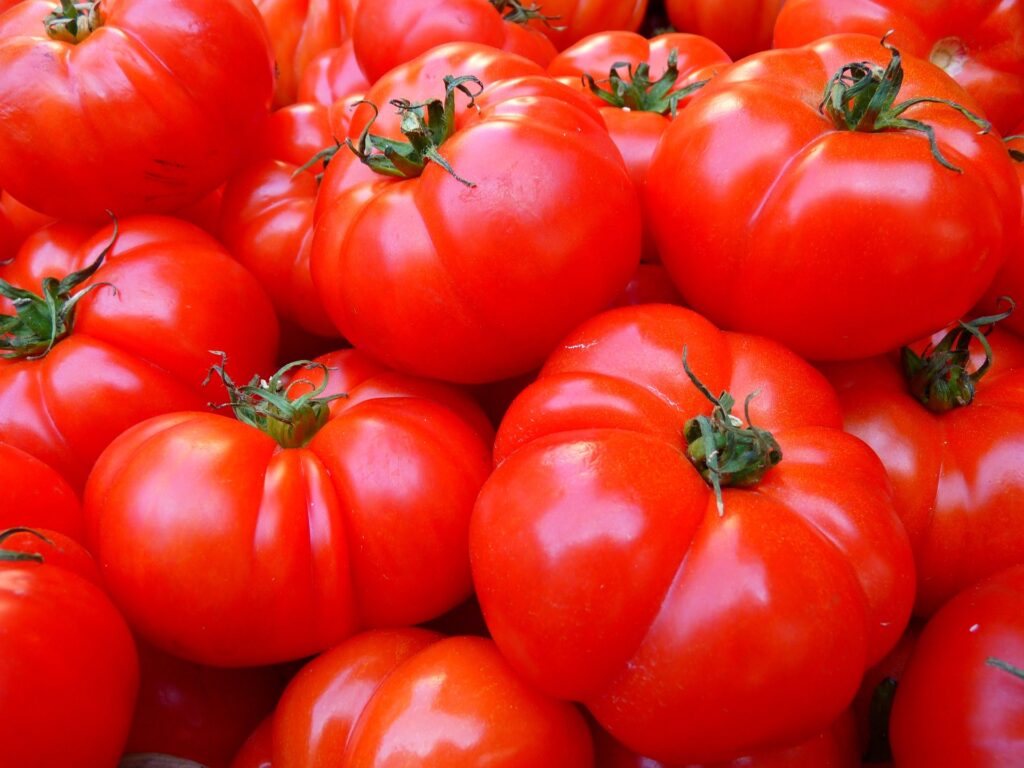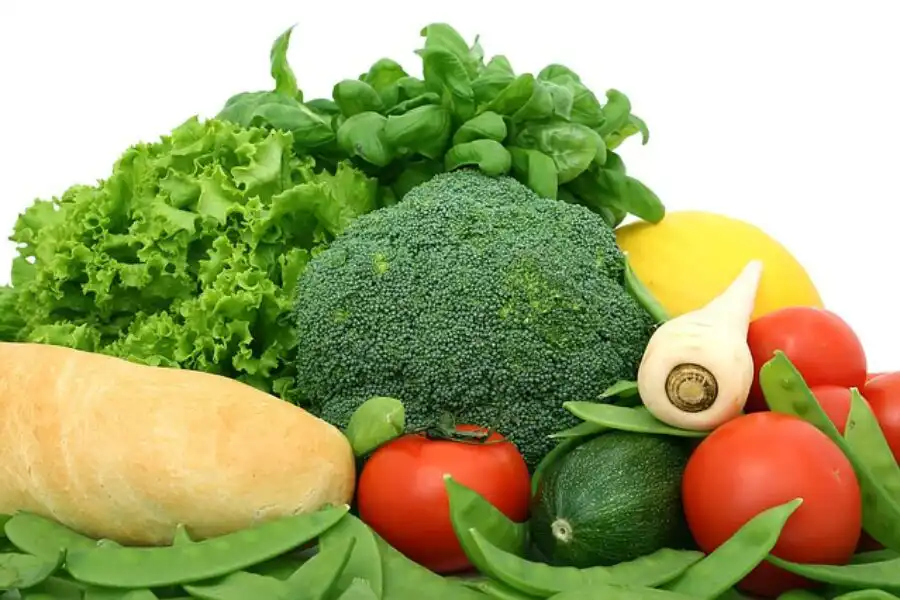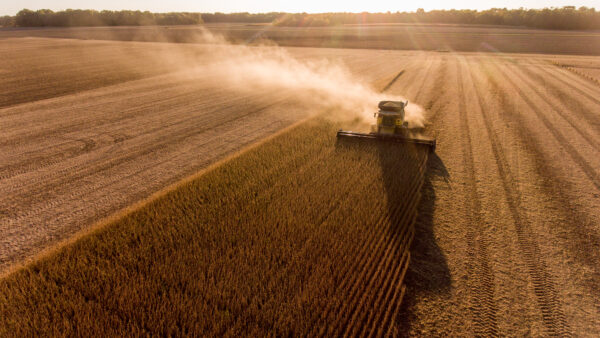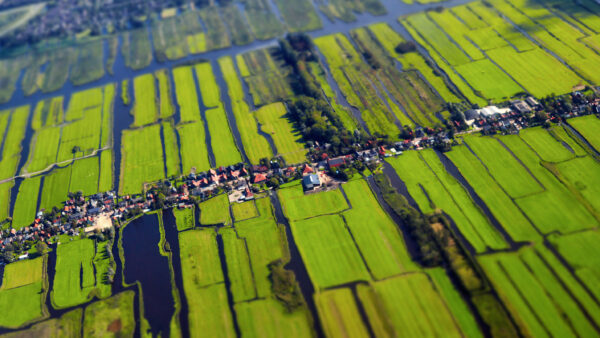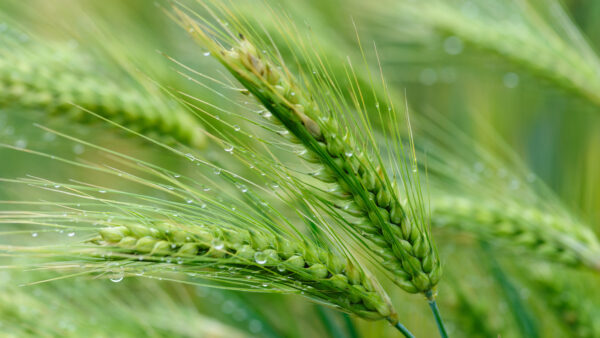Texas A&M Agrilife provides the surprising answer in a recent news release.
When it comes to the orange orb we associate with Halloween and fall, many are left wondering: is a pumpkin a fruit or a vegetable? The answer may not be what you expect—scientifically, a pumpkin is classified as a fruit.
According to Joe Masabni, Texas A&M AgriLife Extension Service vegetable specialist, “scientifically speaking, pumpkins are a fruit because anything that starts from a single flower is classified botanically as a ‘simple fruit.’”
How We Define Fruits and Vegetables
While the scientific classification might seem straightforward, how we perceive fruits and vegetables often comes down to how we consume them.
“We see them as to whether we eat them as a dessert, salad or as part of a meal,” Masabni said in the release.
Take cucumbers and tomatoes, for example. While both are technically fruits, they’re often associated with vegetables due to their savory nature and use in salads and meals.
“The pumpkin is a tricky one,” Masabni added. “Some people make soups or stews from pumpkins, which is a meal, while others make pies, which is a dessert. So that can lead to confusion.”
What Makes a Fruit a Fruit?
The distinction between a fruit and a vegetable boils down to the way they grow.
“All plants start from seedlings,” says Masabni. Vegetables like lettuce grow leaves, which we harvest and consume. However, if left to grow, they will eventually flower and produce seeds for the next season.
Pumpkins, on the other hand, produce flowers that must be pollinated by bees or other insects. Once pollination occurs, the flower develops into the pumpkin we eat.
“A fruit relies on pollination of the flower to become the thing we consume,” Masabni explains.
Common ‘Vegetables’ That Are Actually Fruits
Many other commonly considered vegetables are actually fruits by scientific definition. Cucumbers, tomatoes, zucchini, peppers, and, of course, pumpkins are all fruits because they develop from flowers.
Now that we’ve settled the scientific debate, the real question is: how will you consume these fruits?
“The fruit and vegetable debate is a fun one that hangs on the technical horticulturist/scientific view of these plants that we consume,” says Masabni. “At the end of the day, we want to inform people, but we also want them to enjoy these plants as gardeners and at the dinner table.”


